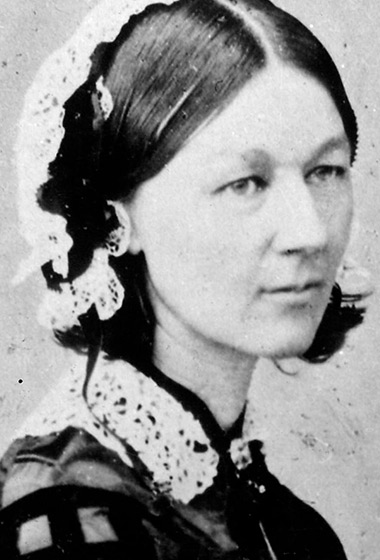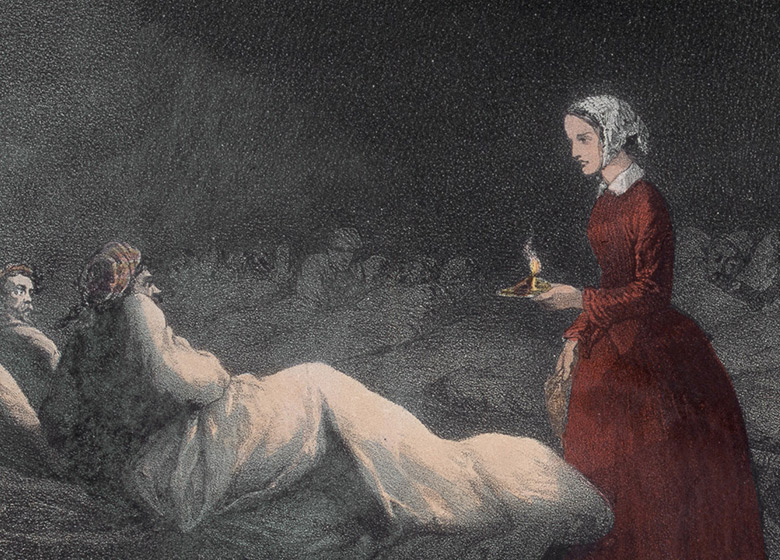Here’s to strong women, may we know them, may we be them and may we raise them.
Here at Molly Brown London HQ we’re an all-female workforce and we are constantly inspired by trailblazing women of all types. There are so many women in our history (or who are even creating it right now) and they so often don’t get the credit they deserve. Therefore we’ve decided to do a Girl Power! blog series featuring bite-sized bios some of the incredible women have helped to lead us to where we are today. Some you may know, while others may be a bit more obscure but all have had an impact on the world for good.
So to kick off the series and in honour of all the Care Workers and NHS staff who are helping get the world through this pandemic, we’re proud to say we are inspired by Florence Nightingale.
Florence Nightingale (1820-1910)
Often described as the founder of modern nursing, Florence was a British nurse, social reformer and statistician. She came to prominence during the Crimean War where she was affectionately known as the “Lady with the Lamp.” A moniker which referred to her moving through the dark halls carrying a lamp while making her rounds. In 1854, while the British Empire was at war against the Russian Empire for control of the Ottoman Empire, Nightingale received a letter asking her to organise a corps of nurses to tend to the sick and fallen soldiers in Crimea. She rose to the challenge and soon sailed with 34 nurses to horrific conditions. Appalled by what she saw, her experiences there were foundational to her views on sanitation. She set to work with the nurses and least sick patients, cleaning the hospital from ceiling to floor. She spent every waking minute caring for the soldiers and her work reduced the hospital’s death rate by two-thirds. Following the war she was granted $250,000 by Queen Victoria which she used to establish St Thomas’ Hospital and the Nightingale Training School for Nurses in 1860. For the rest of her life she continued to campaign for improving health care and alleviating patients’ suffering, which greatly influenced the quality of care in the 19th and 20th centuries.














